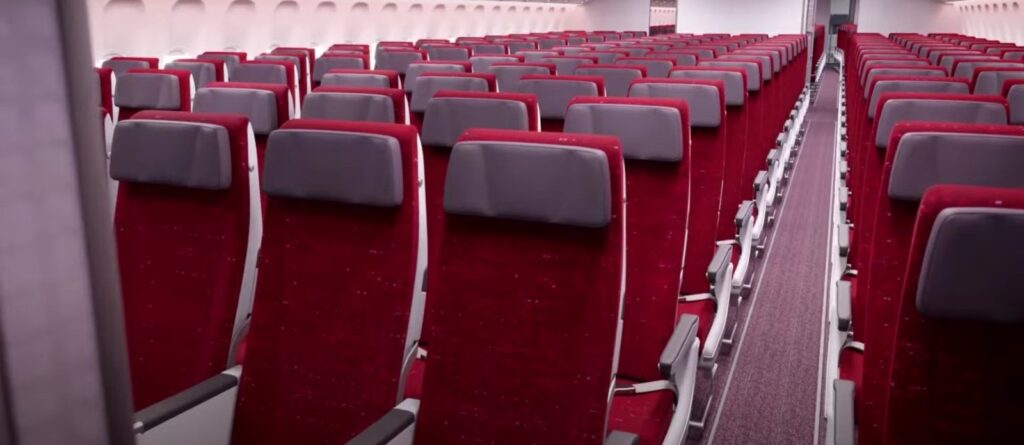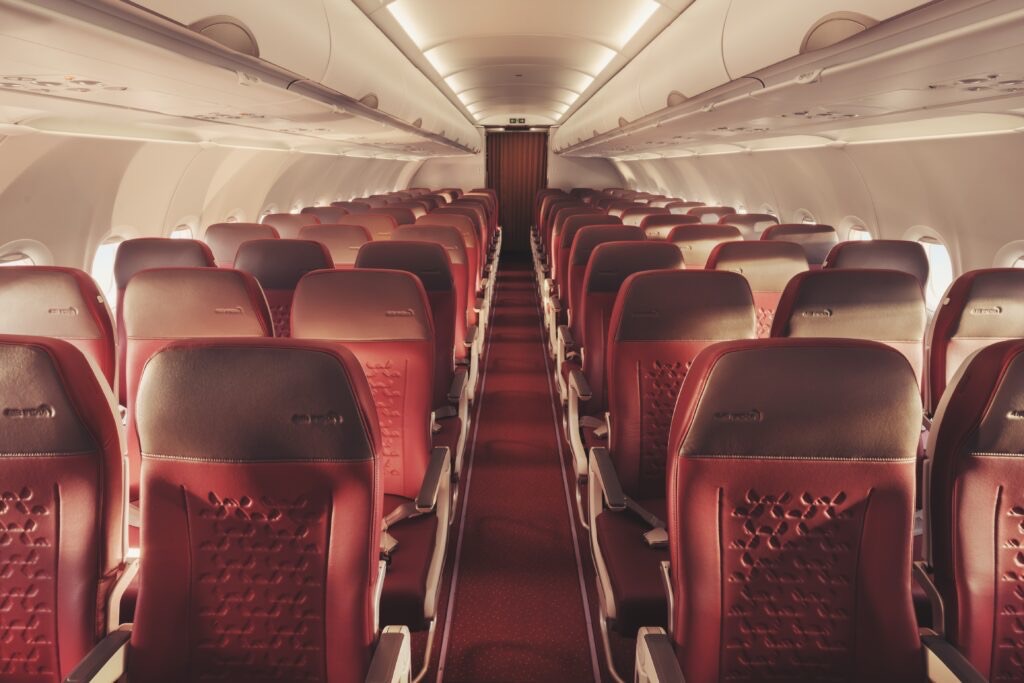Air India CEO Campbell Wilson cautions that the ongoing global shortage of aircraft will continue for four to five years due to delays in production from Boeing and Airbus.
Air India CEO Campbell Wilson has indicated that the global aircraft scarcity impeding airline growth is expected to endure for the next four to five years, attributed to the persistent production delays from jet manufacturers Boeing and Airbus.

During an event organized by the travel news platform Skift on Tuesday, Wilson pointed out specific constraints, including a lack of narrowbody jet engines, business and first-class seating, and essential aircraft fuselage components. These supply chain challenges are intensifying the difficulties faced by Air India, which is currently undertaking an ambitious turnaround strategy following Tata Group’s acquisition of the airline two years ago.
Delivery Delays
Despite the airline’s initiatives to modernize and expand its fleet, ongoing delivery delays have compelled Air India to prolong the operational life of its older jets, leading to increased maintenance expenses and a slowdown in the fleet modernization process. Wilson underscored the considerable obstacles these delays present, stating, “There is not a lot we can do. We are victims of circumstance, as is every other airline.”
With aircraft availability limited, Wilson explained that Air India must make difficult decisions about aircraft deployment to optimize returns. “If you are capacity constrained, you need to be a little bit more ruthless with respect to where you deploy aircraft to maximize the return,” he stated. “It means you can’t expand to places you would otherwise like to expand.”
The competition among airlines for leasing aircraft, along with the variety of configurations available, has also complicated the leasing process, further hindering Air India’s growth strategy.

Order Backlogs
As part of a multi-billion-dollar overhaul, Air India placed orders for 470 jets in 2023, which includes 190 Boeing 737 MAX aircraft and 10 of Boeing’s delayed 777X jets. Additionally, last year, the airline placed an order for 100 Airbus aircraft. However, Wilson’s comments regarding the delivery timelines for the 777X were candid: “Who knows?” This reflects the uncertainty surrounding the future of the jet, which is anticipated to succeed Boeing’s 777, a highly successful long-haul aircraft.
In late 2024, Wilson also disclosed that Air India was postponing the exercise of its remaining options to acquire more Boeing jets until the manufacturer resolves its backlog. Boeing, still recovering from a worker strike that occurred last year, has struggled to increase production of its 737 MAX aircraft beyond a limit of 38 units per month imposed by the US Federal Aviation Administration (FAA).
Air India anticipates completing the refitting of wide-body planes by mid-2027
Air India, which has embarked on a transformation journey, anticipates completing the modernization of all legacy wide-body aircraft by mid-2027, as stated by its chief, Campbell Wilson, on Tuesday. He also noted that the global aviation market is likely to remain “supply constrained” for an additional four to five years. The CEO and Managing Director of Air India further shared that the repainting and refurbishment of Vistara aircraft is projected to be finalized within one and a half years.

Vistara, a full-service carrier, was integrated into Air India last year.
Emphasizing that the refitting of aircraft is the top priority for the airline, Wilson mentioned that the refurbishment of the legacy Boeing 777 planes was scheduled to commence last year but faced delays due to seat supply issues. “We are now advancing these aircraft through an extensive refresh program.”
“By early to mid-2027, all legacy wide-body aircraft will be upgraded… though progress has been slower than we would have preferred,” Wilson remarked, highlighting that there are supply chain limitations as well as challenges regarding the number of aircraft that can be out of service at any given time.
In the meantime, Air India plans to introduce first-class cabins in some of its new aircraft in the upcoming years, with Wilson stating, “we do see a role for first class… and it is a work in progress.”
Air India has unveiled its first retrofitted Airbus A320neo VT-EXN, marking the commencement of a comprehensive fleet upgrade initiative.

VT-EXN, one of the 27 A320neos acquired, underwent an extensive retrofit to align with the new Air India standards. This is not merely a simple update; it represents a thorough transformation, featuring new seats, carpets, curtains, and an enhanced cabin atmosphere.
The aircraft now boasts a sophisticated three-class cabin configuration, all adorned in a fresh coat of paint and the airline’s new, bold livery.
This retrofit is a crucial component of the Tata Group’s $400 million investment aimed at modernizing Air India’s entire fleet, including both narrowbody and widebody aircraft. Sent for retrofitting last year, VT-EXN is the first visible outcome of this substantial investment.
Passengers traveling on VT-EXN, along with the remaining 26 retrofitted A320neos, can expect a notably enhanced travel experience.

Conclusion
The airline’s modernization initiative will now extend beyond just the narrowbody aircraft fleet. Air India’s retrofit agenda also encompasses 40 widebody B787 and B777 aircraft.
The first B787 is slated to commence its retrofit next month, signifying the airline’s commitment to a comprehensive fleet-wide overhaul.
This multi-faceted strategy, focusing on both tangible and intangible aspects, showcases Air India’s dedication to delivering a world-class travel experience.
For all aviation-related guidance (DGCA ground classes, pilot training, cabin crew training)
Contact us https://contrail.in/
phone numbers +91 78457 69399


